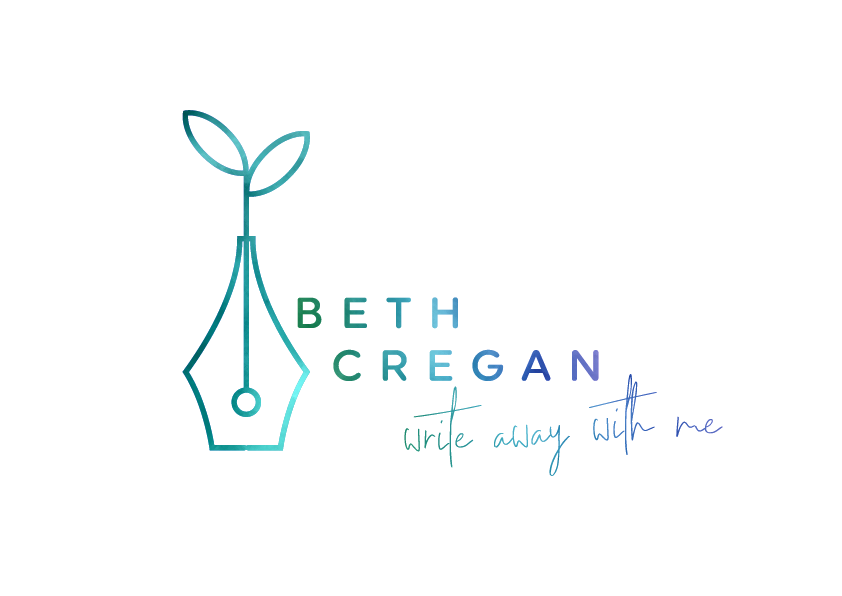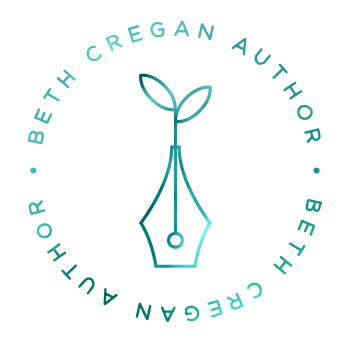A young writer in one of my workshops this week (let’s call her Jade) started well. We were developing characters through drawing, and Jade had an idea in her head, but it didn't translate easily to the page. She was frustrated. She had the option of rubbing out and starting again, but Jade didn't want to do that.
She had failed miserably (in her eyes), and she wasn't putting herself through that again.
Resistance.
She didn't want another piece of paper either, thank you very much.
She crossed her arms in front of her chest.
I wasn't sure if Jade often felt frustrated or whether she was having a bad day but either way, I could see that both she and her character were facing a major roadblock.
Now the best and worst thing about presenting writing workshops is that I usually don't have any prior knowledge of a child's skill level or behaviour so without the backstory, I have to rely heavily on intuition.
I tried to make eye contact, but Jade wasn't having any of that rubbish.
She’d had an idea, and she’d tried it, and it didn't work.
Simple as that.
Man, I know that feeling!
So, very quietly, almost whispering, I suggested she put her pencil and her head down and listen to the music that was playing.
She scowled.
I suggested she draw the picture of the character in her imagination.
Jade rolled her eyes and sighed which, let's face it, is always a little unsettling for a teacher, but she put her head down on the table.
The music played on.
The rest of the group were still drawing.
Finally, the timer went off, and everyone put down their pencils.
Our next task was to give our character a voice.
I shared some examples of characters from books who had a lot to say.
When I turned around, Jade was writing.
Her character may not have appeared on cue, but they certainly had something to say!
Now I'm not suggesting for one minute that your reluctant writers spend their time with their heads on their tables, but when you go into battle, be prepared for resistance to show its ugly head. When frustration moves in, persistence often storms out.
This is not fertile ground for creative thinking.
However, it is the perfect opportunity to model two critical writing and life skills.
The importance of visualisation as a problem-solving tool.
The importance of develop your own creative process.
“Imagination is more important than knowledge”
Albert Einstein said that imagination is more important than knowledge.
The creative process doesn't always run smoothly; this is as true for Jade as it is for any best- selling author.
Some days we can access our full capacity as creative thinkers and writers and some days we can't.
Welcome to the human race.
We don't talk much to kids about this. We have them believe that full steam ahead is the best and only option but pushing up against resistance is like working with a pressure cooker. If you don't release the valve, something or someone is going to blow.
Knowing you have some options when the creative muse leaves you high and dry is essential. So, stop.
Shut your eyes.
Breathe deeply.
Imagine.
What does your character look like?
What things does your character say?
How does your character walk? Move?
See what happens.
Put a boundary around this 'imagining time' if it feels too unrestricted for you or your students.
I usually give myself five minutes if resistance steps in while I'm writing.
After many years, I've learnt to give myself space and allow my imagination to get to work.
You're not letting your reluctant writers off the hook.
Quite the contrary.
You're encouraging them to use their imaginations to scale the obstacles before them.
Try it yourself while writing reports.
Try it next time you're facing a battle with a resistance fighter (A.K.A a reluctant writer).
Release the pressure.
Create space for ideas to flourish.








